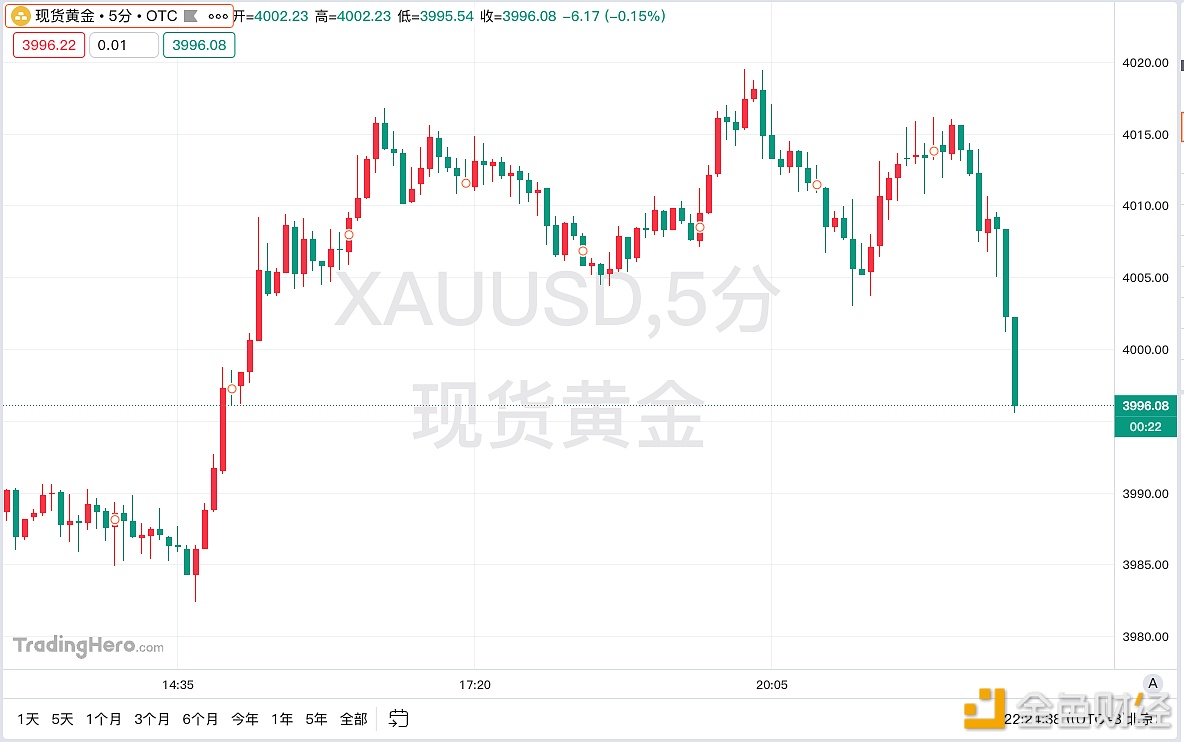UBS: If Trump’s tariffs are overturned, the Federal Reserve may have an opportunity to cut rates as U.S. fiscal pressure mounts
ChainCatcher reports that UBS Group analysis indicates that if the US Supreme Court rules Trump's tariff policy illegal, it is expected to force the US government to refund approximately $140 billion in taxes to importers, which is equivalent to 7.9% of the projected federal budget deficit for fiscal year 2025. If the US government loses the case, the massive tax refund will immediately trigger a fiscal shock and may also lead to the formation of a structurally low-tariff trade environment. If trade partners do not retaliate, this environment will ultimately benefit the US economy and stock market. UBS estimates that the government is likely to use legal tools such as Section 201 and Section 301 of the Trade Act of 1974 to rebuild tariff barriers, but this process will take several quarters and result in reduced flexibility in trade policy.
Although the refunds will bring windfall gains to importing companies, since tariff costs have not significantly suppressed S&P 500 earnings expectations, their overall market impact may be limited. UBS believes that the ruling may ultimately lower the overall effective tariff rate, increase household purchasing power, ease inflationary pressures, and provide the Federal Reserve with more room for rate cuts. As long as trade partners avoid escalating countermeasures, this will generally be welcomed by stock market investors.
Disclaimer: The content of this article solely reflects the author's opinion and does not represent the platform in any capacity. This article is not intended to serve as a reference for making investment decisions.
You may also like
Circle submits comment letter on the implementation of the GENIUS Act
U.S. stocks opened lower and continued to decline, with the Nasdaq falling by 1%.
Data: Stable pre-deposit phase two exceeds $253 million, with over 60 wallets entering incorrect addresses
Spot gold drops $7 in the short term, falling below the $4000 mark

